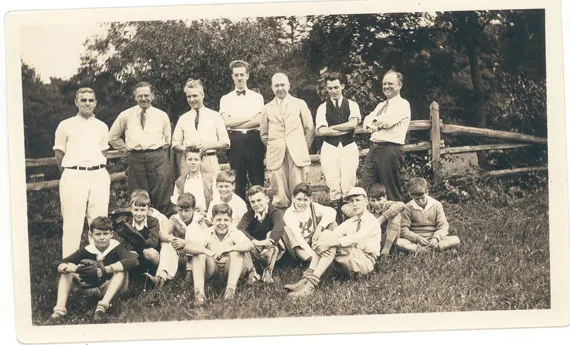- What about electronic records?
The Library can accept certain types of digital files. Email friends@swarthmore.edu to learn more.
- Will the Library take everything I offer?
Although FHL may not be able to accept all that you offer (due to staff and space constraints or because the donation may not be within our collecting mission) we welcome the chance to review the material. If it is not appropriate for us, we may be able to suggest another site for your gift.
- Will I be able to have access my donation?
In order to preserve materials for as long as possible, once donated, they do not circulate. Access is governed by our written policies regarding availability, photo duplication, and publication. A prospective donor should become familiar with our policies and discuss and special needs or concerns with the curator before completing the donation agreement.
- May I restrict access to my donation?
Sensitive material should not be removed by the donor. Instead, the donor should discuss the possibility of restricting part of the collection to protect privacy with the Curator. While the Library wishes to make all papers freely accessible to researchers, they normally will agree to reasonable and equitable restrictions for limited periods of time.
- May I set conditions for my donation?
A repository usually is not able to promise that donated materials will be placed on exhibit or used in some other specific fashion as a condition of accepting the gift.
- Will you accept my papers on temporary loan?
FHL can only invest time and materials in the preservation of items with they own (except for Meeting records, which are covered under a depository agreement.) The Library accepts donations of individual or family papers, but will not accept such material on deposit or on loan. Donors are asked to sign a donation agreement, which formally signifies that the papers become the actual property of Friends Historical Library.
- Should I "cull" or reorganize the papers?
Since the research value of records may be diminished if items are removed or if the records are rearranged, please contact FHL staff before weeding, discarding, or reorganizing papers and records. Remember, archivists are experts in identifying materials for long-term value and retention.
- What about literary rights or copyright?
Assignment of copyright is often complex, and you should work with the repository staff to clarify issues of copyright ownership. Generally, copyright belongs to the creator of writings and other original material (such as photos and music), but can be legally transferred to heirs or others. Moreover, ownership of copyright is separable from ownership of the physical item. Curators often ask donors to donate not only the physical papers but also any literary rights in them that the donor might own. This request is made to make it easier for researchers to use quotations from the papers in their work.
- How might I explore a tax deduction for my donated materials?
In certain circumstances, it may be possible for a donor to take a tax deduction for the donation of a manuscript collection to a repository. The Curator cannot give tax advice, and is not permitted to appraise the monetary value of a collection. The curator may be able to provide donors with a list of local manuscript appraisers who can (for a fee) make monetary appraisals for the donor. It is up to the donor to arrange for and bear the cost of any such appraisal, although the repository will make the collection available to an appraiser hired by the donor.
Adapted from: A Guide to Donating Your Personal or Family Papers to a Repository ©1994 by the Society of American Archivists.




